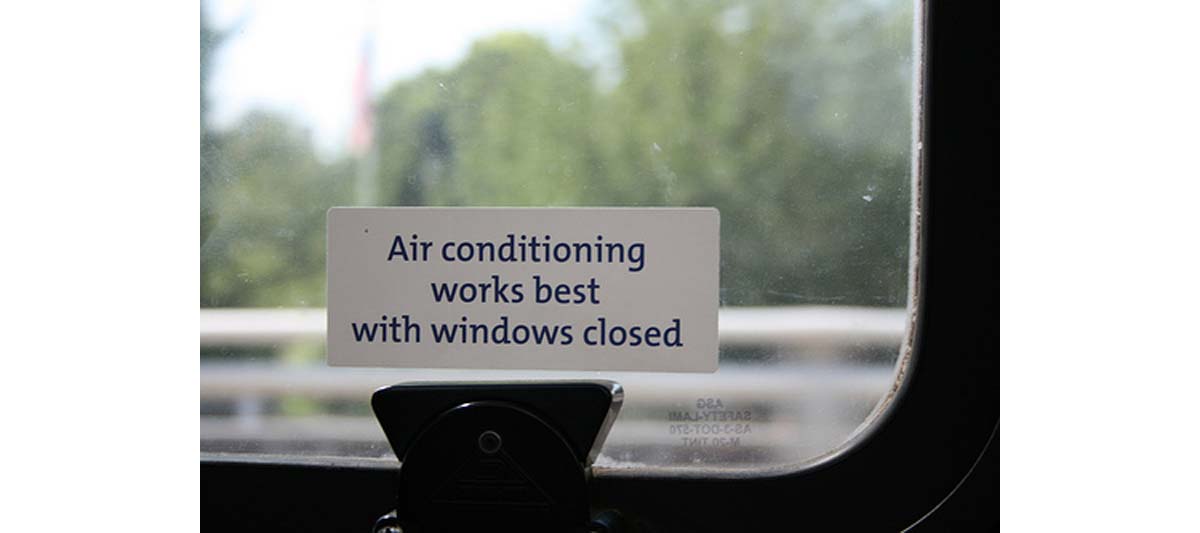Table of Contents
Much of Europe and North America are experiencing their hottest summers in recorded history. Air conditioning does not just make life easier to bear. For the very young and the very old, air conditioning saves lives, but is it healthy?
A more insidious effect of spending the summer indoors to escape the heat may be vitamin D deprivation. Vitamin D deficiency is usually associated with limited exposure to sunlight during winter, but people in hot-summer areas who have air conditioning are actually more susceptible to vitamin D deficiency than people who live farther north where summer sun is welcome.

In the United States, vitamin D deficiency is especially severe in the Southeast, and especially among persons of African-American descent. The darker the skin, the less vitamin D it makes from sunlight. African-Americans in the American Southeast are not only more likely to suffer summer colds and flu, they are also more likely to suffer osteoporosis, kidney disease, and cancer, in part due to vitamin D deprivation.
What can you do to prevent the negative effects of air conditioning on your health without running the risk of heat stroke? Here are five simple remedies.
1. If you simply cannot stand the heat, stay indoors, but take a vitamin D supplement. For as little as US $0.10 a day, you can get the vitamin D your body needs to maintain the immune system and build healthy bones.
2. Make sure you clean the air filters for your air conditioner at least once a month, or as often as the manufacturer recommends. Bacteria that cause sinus infections can live in air filters, and viruses that cause colds and flu thrive in the slightly higher carbon dioxide levels that build up when outside air comes in through dirty filters.
3. Avoid dry air indoors. You don't want to create an environment conducive to the growth of mold, but neither should indoor air be so dry that your skin and sinuses dry out. Use a home humidifier or a vaporizer, like the vaporizer used to treat colds, only to prevent colds. Humidifying the air protects not just your upper respiratory tract but also your skin.
4. Dust regularly. Don't just use a dry cloth or feather duster to clean dusty surfaces. Dry cloths and feather dusters only send the dust back into the air to settle somewhere else. Dust with a product that catches dust and throw it away after use. This minimizes contact with the viruses that cause colds, the bacteria that cause sinus infections, and the allergens that can trigger hay fever and asthma.
5. Try to get at least 20 minutes of sun every day. It is OK to get sun in the morning until about 10 o'clock even without sunblock, and if you use sunblock, your skin cannot absorb the ultraviolet rays it needs to make vitamin D. Make sure at least your hands and face are exposed to the sun. If your religion requires you to cover your face when you leave your home, get some sunlight in a private location daily.
- O'Connor A, Really? The Claim: Air Conditioning Can Cause Colds, New York Times, 25 July 2011.
- Preziosi P, Czernichow S, Gehanno P, Hercberg S. Workplace air-conditioning and health services attendance among French middle-aged women: a prospective cohort study. Int J Epidemiol. 2004 Oct, 33(5):1120-3. Epub 2004 Aug 19.
- Teculescu DB, Sauleau EA, Massin N, Bohadana AB, Buhler O, Benamghar L, Mur JM. Sick-building symptoms in office workers in northeastern France: a pilot study. Int Arch Occup Environ Health. 1998 Jul, 71(5):353-6.
- Photo courtesy of Atomic Taco on Flickr: www.flickr.com/photos/atomictaco/3760550287/

